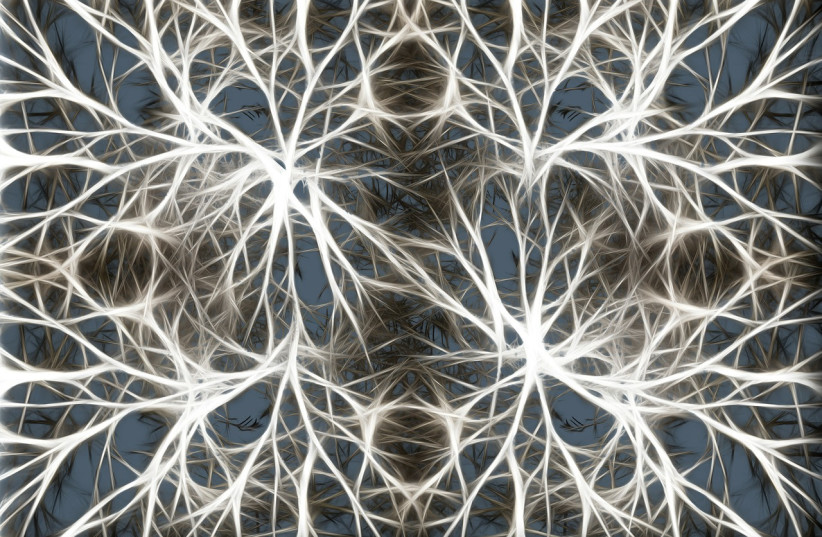Brain activity increases during sleep in response to music - study
The new findings may help researchers understand how to use sound to improve memory during sleep and how much unconscious people are able to process auditory information.

A new study by researchers at UCLA and Tel Aviv University found that the brain's response to sound during sleep is so significant that it nearly mirrors the brain during wakefulness.
The peer-reviewed study was published on Monday in the Nature Neuroscience journal by lead author Dr. Hanna Hayat, co-author Dr. Itzhak Fried, director of UCLA’s Epilepsy Surgery Program, Amit Marmelshtein, Dr. Aaron Krom and Dr. Yaniv Sela of the Tel Aviv Sourasky Medical Center.
The study also found that the attenuation of alpha-beta waves, which occurs during the awake state and indicates neural feedback from other parts of the brain in order to process sound, was lacking during sleep, according to UCLA Health.
Fried said that the new findings may help researchers understand how to use sound to improve memory during sleep and how much unconscious people, including people in comas or under anesthesia, are able to process auditory information, UCLA Health added.
The UCLA and Tel Aviv Sourasky Medical Center researchers monitored the activity of single brain cells in participants with severe epilepsy by implanting electrodes in their brains in order to find where seizures were occurring so that they could perform surgery.

What was the experiment?
“That’s probably why we are still not conscious, although we are still processing the sensory information from the external world. So you’re not completely shut from the environment in that sense.”
Dr. Itzhak Fried, study co-author, director of UCLA Epilepsy Surgery Program
Speakers were set up beside the patients' beds playing words and music, including “Eine Kleine Nachtmusik” by Mozart, while the patients were awake and when they were asleep.
Eine Kleine Nachtmusik - Mozart
Over seven years, the researchers gathered data retrieved from more than 700 individual brain cells. They found that neurons in the primary auditory cortex were the most responsive during sleep, but the response from higher brain regions that control attention and expectation was diminished.
“That’s probably why we are still not conscious, although we are still processing the sensory information from the external world,” said Fried. “So you’re not completely shut from the environment in that sense.”
THIS PAGE WAS POSTED BY SPUTNIK ONE OF THE SPUTNIKS ORBIT BLOG
HTTPS://DISQUS.COM/HOME/FORUM/THESPUTNIKSORBIT-BLOGSPOT-COM/

No comments:
Post a Comment
Stick to the subject, NO religion, or Party politics